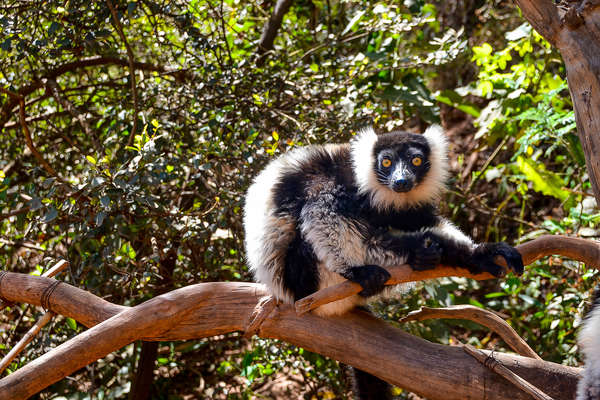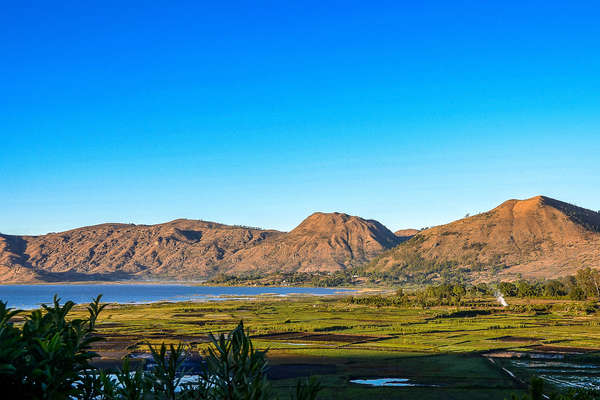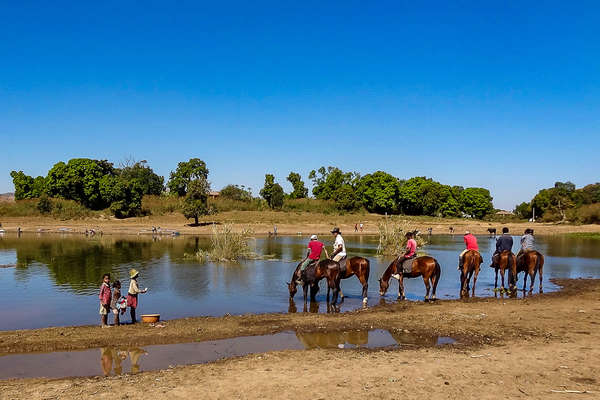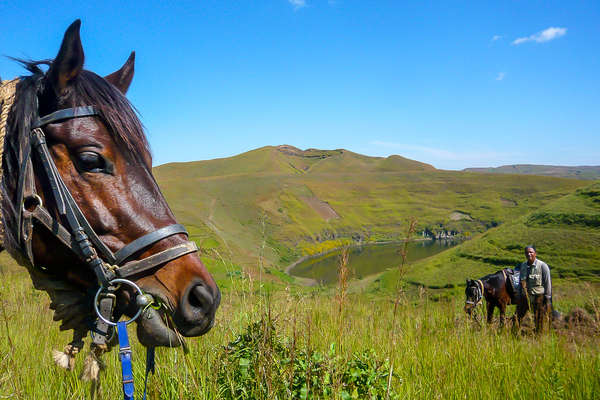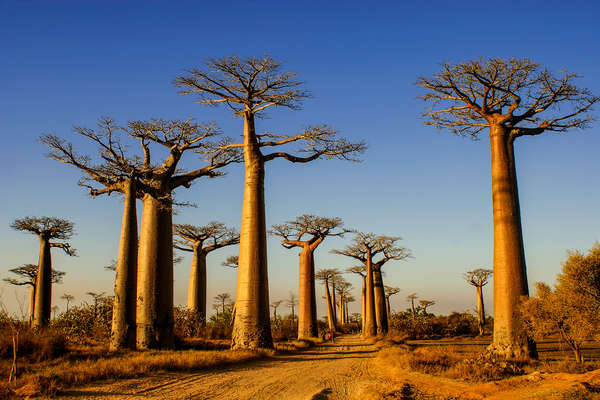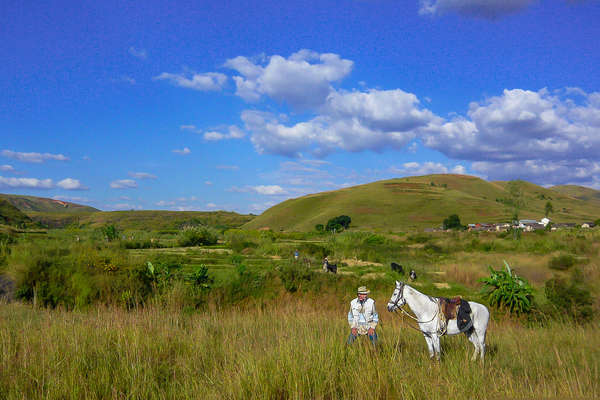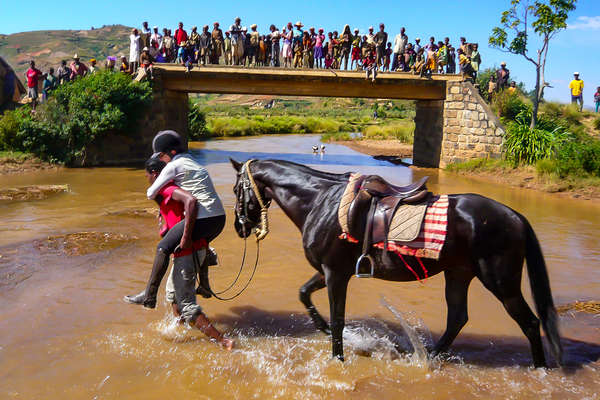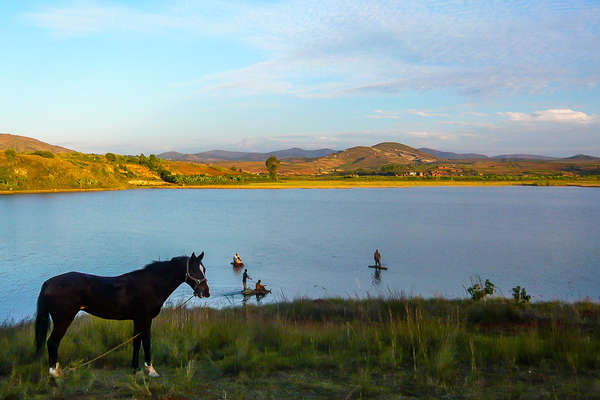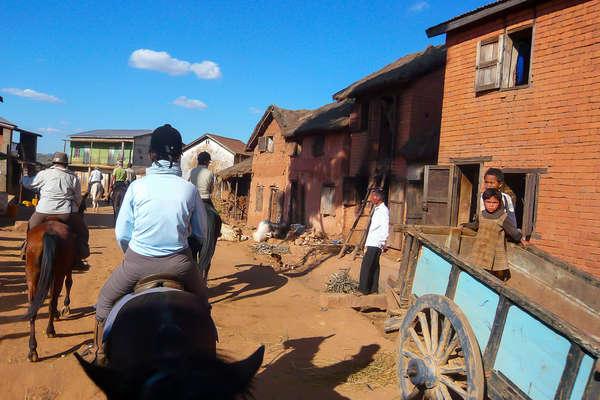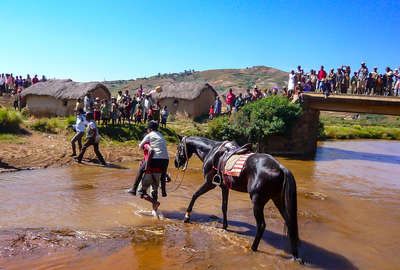
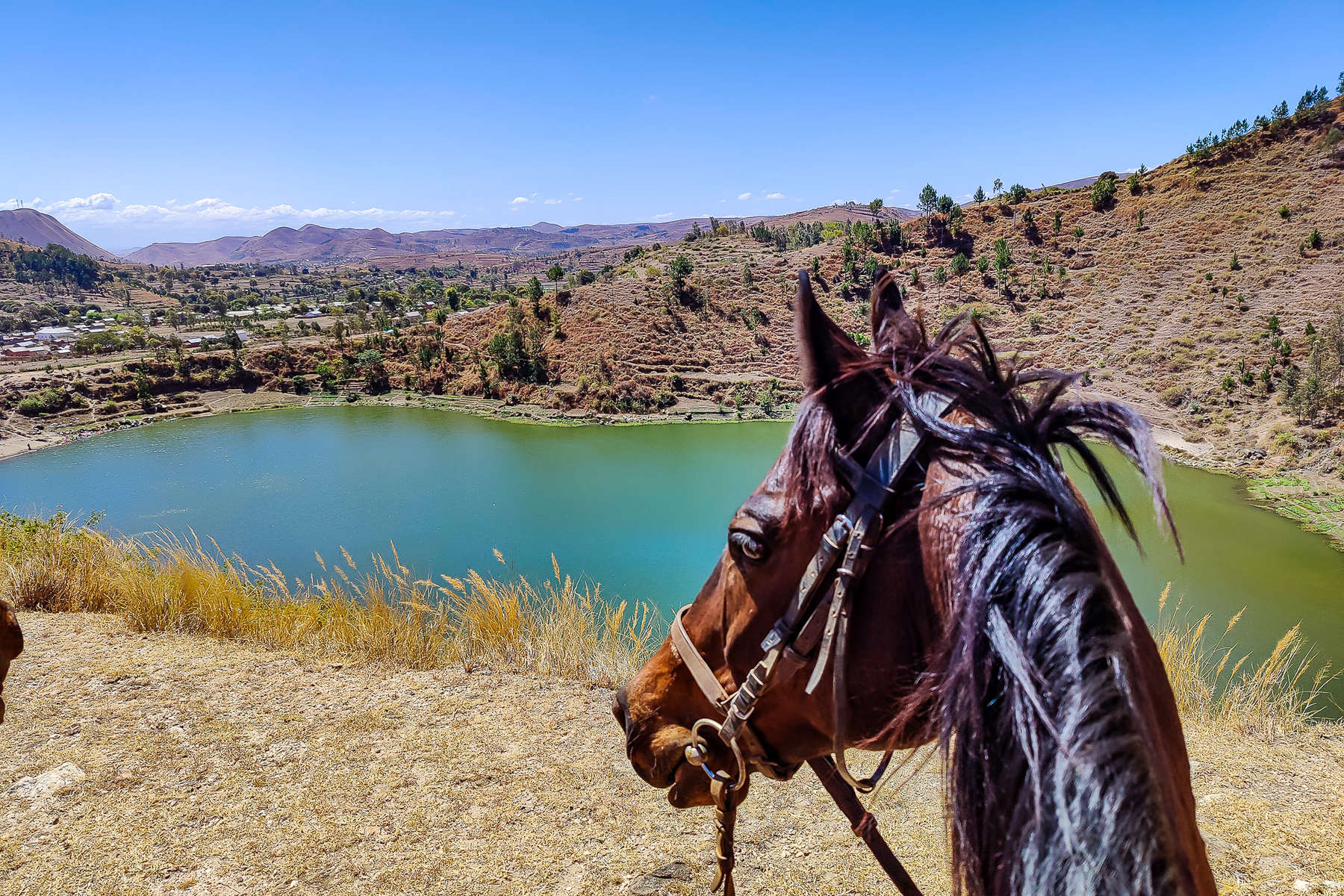
From the horse’s mouth
All trips

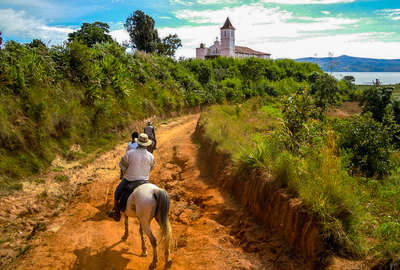
Ride from the highground to Madagascar's East Coast
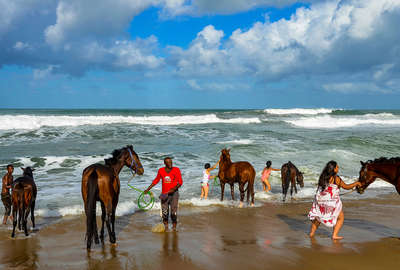
Madagascar coastal trail
Guaranteed departures
Visa & Health
Formalities
https://evisamada.gov.mg/en/
Advice for visa application
Addresses of consulates
- Embassy of Madagascar
Health
Insurance
Voltage
Budget and money
Telephone and jetlag
Country information
Socio-economical data
History
Geography
People, culture and traditions
Useful words
Choosing the right riding holiday
Choosing the right riding holiday
Madagascar is the fourth largest island in the world. Its located in the Indian Ocean, off the eastern coast of Africa. Madagascar is home to thousands of animal species, but especially known for lemurs, which are found nowhere else in the world: in fact, 90% of the wildlife in Madagascar is only found there. This diverse island is home to lush rainforests, beaches, reefs and mangrove forests – a hint to why the wildlife is so diverse.
The capital, Antananarivo, is well known for its “Avenue of the Baobabs”, a dirt road lined by these massive centuries-old trees. There are six different Baobab species on this magnificent island, more than 100 species of Lemur and an array of chameleons that cannot be matched. Seeing lemurs whilst out riding is a magical and entertaining moment that you won’t forget. French and the local language Malagasy are widely spoken on the island.
The climate is marked by its cool and dry winters, from May to October, and mild, rainy summers, from November to April. During the cooler seasons, the temperature rarely falls below 10 °C and in the hot season, it rarely tops 30 °C, making it the perfect choice for a riding holiday.


